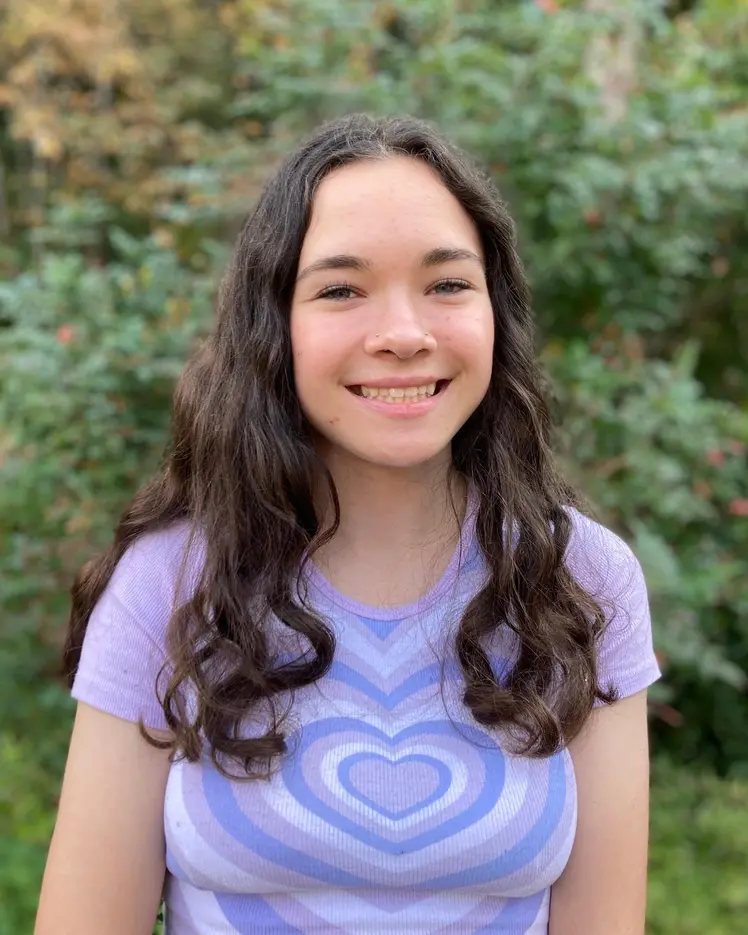
Mots-clés populaires:

Stagiaire de recherche - Western Washington University
Superviseur⋅e principal⋅e
Co-supervisor
Sujets de recherche
Apprentissage de représentations
Apprentissage profond
IA inspirée du cerveau
IA pour la science
Neurosciences computationnelles
Théorie de l'apprentissage automatique


